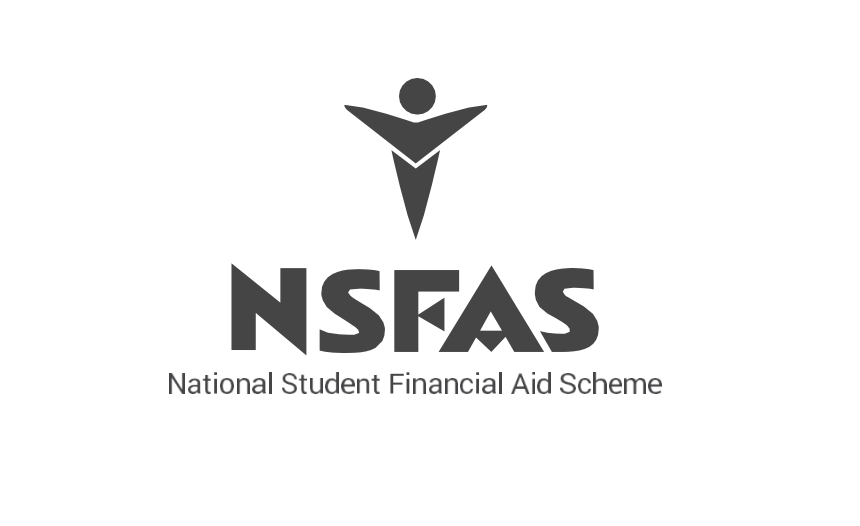
By Leah Falcon
On 13 August, Trade, Industry and Competition Minister, Mpho Parks Tau, published draft regulations in terms of the National Credit Act, and awaited comments from the public. The response was a mammoth rejection.
The Department of Trade, Industry and Competition (DTIC) has stated in an interview with the Daily Maverick that the purpose of the draft regulation was to promote small and medium businesses by helping them to access financing. The regulations did this by giving financing institutions access to more accurate credit histories of potential borrowers, which would allow for enhanced risk assessments increasing the probability of loans being given. The DTIC emphasised that this is important where such businesses often experience significant funding challenges, a systemic problem which undercuts growth of the South African economy. The draft regulation proposed to do this by giving credit bureaus the ability to collect information from courts, state institutions, debt collectors and, problematically, educational institutions.
However, by including educational institutions in the bodies who could report persons’ outstanding credit, student debt could appear in an individual’s credit history and result in them being backlisted for receiving loans in the future.
The response to this possibility was overwhelming. By the deadline for public comment, 12 September, the DTIC had received over 20 000 submissions, the majority of which rejected the proposed changes, according to the DTIC spokesperson. A petition similarly calling for the reversal of the draft regulations, which made the rounds on Stellenbosch WhatsApp groups, collected over 190 000 signatures.
The DTIC responded on 11 September by withdrawing the draft regulations. The DTIC framed this move in their official statement on their website as a demonstration of “the robust nature of South Africa’s democracy where the public is able to engage with the government in an open and transparent manner.” The DTIC further stated that they would reconsider the regulations and amend them to provide protection to students while still pursuing its purpose of improving access to finance for small and medium businesses. However, the DTIC has been criticised for failing to consider the ramifications of the draft regulations prior to publishing them.
South Africa’s history with student fees and debt is well known. Gaining prominence in 2015 with the #FeesMustFall campaign and with continued student protests each year since, student debt remains a debilitating pressure for many students. In 2025, unpaid student debt accumulated since 2023 sat at R9,3 billion. South African universities have employed different means to extract the fees from students, including withholding academic transcripts and degree certificates. However, this seems to have simply exacerbated the issue, as students are unable to apply for jobs without these documents, preventing them from receiving the income needed to pay off their student debts. This results in a vicious circle that perpetuates poverty and unemployment levels, and undermines the positive effect that tertiary education could have on addressing these issues.
While the draft regulations have been withdrawn, the systemic issues that students face between securing their education and the prospect of long-term debt remain. Although the government has claimed to be responsive to the needs of its citizens, its apparent nescience to the significant and sustaining issue of student debt reveals a deeper problem in the legislative process.



